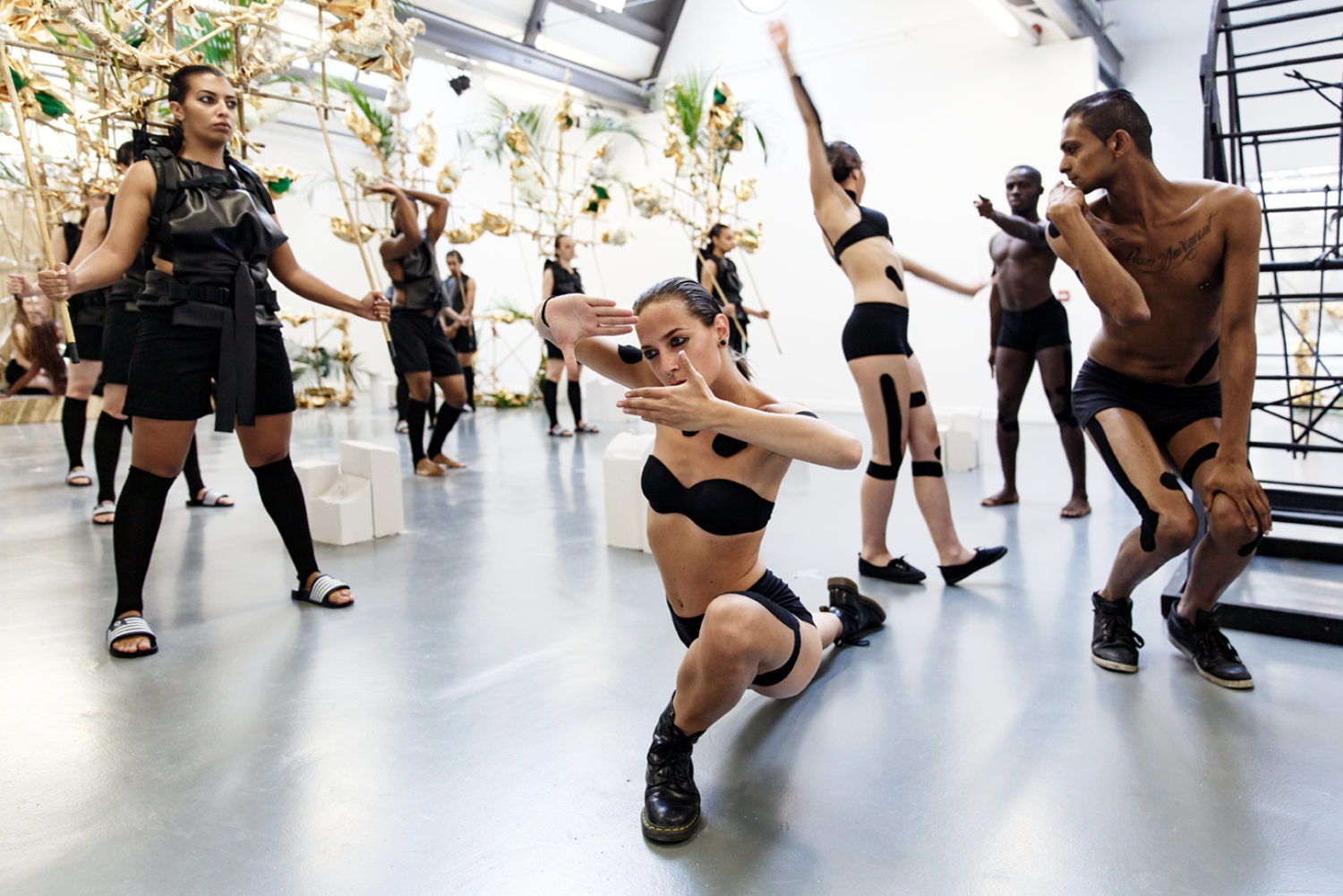This seminar was held in conjunction with the three-year project On the Other Side of Reality, involving TENT’s participation in Rotterdam’s Summer Carnival. As the first in a series of three, fashion designer Marga Weimans was commissioned to realise an artistic fleet for the street parade and offer her interpretation of the cultural significance of the Caribbean carnival tradition.
Curator Jesse van Oosten posed the question: What does it mean for an art institution such as TENT to redefine its position in relation to the street parade’s norms and frames of reference? Can the connection between the Caribbean carnival and contemporary art stimulate a dialogue between different artistic traditions and social groups?
The contributors to this event explored the cultural and social significance of the Summer Carnival as thé moment of the year when the multicultural dimension of the city becomes mainstream. As a creative festival that evolved from colonial history, migration, and resistance against racism, the Caribbean carnival is intimately connected with issues that are urgent in the metropolitan context of today, and with current debates in the public arena as well as the artistic domain.
Contributors
Dancer Junadry Leocaria (BALLS, Femme Lethal), one of the queens of Marga Weimans’ street parade, opened the programme with a Vogue performance.
Cultural anthropologist Artwell Cain, who has been involved since in the early years of the Summer Carnival as a juror, talked about the historical relationship between the Caribbean Carnival and the Rotterdam Summer Carnival, transatlantic slavery, postcolonial migration, and the socio-cultural and political function of the modern carnival in Rotterdam.
From his experiences of art projects in Curaçao, artist David Bade reflected on the ways in which the world of art and the carnival are intertwined.
Artist and curator Charl Landvreugd interviewed fashion designer Marga Weimans and discussed the transformative power of fashion and her vision of the city dweller as an agent of change.
Artist Mette Sterre presented a performance-lecture, which addressed the role of the transformative and grotesque body and the carnivalesque in her work. In her performance the costumes from her youth project for On the Other Side of Reality came to life.
Nana Adusei-Poku, lecturer in Cultural Diversity at the Hogeschool Rotterdam, and art critic Vincent van Velsen offered their critical responses to the presentations.
Performance artist Jaleel Roy-Lindsey closed the seminar with ‘Electric Chapel: What Fresh Factious Fiction’, a ‘live art piece’ combining his fascination with pop culture, masquerades, and online visual culture.
On The Other Side Of Reality was supported by Stichting DOEN, VSB Fonds en Rotterdam Festivals.
